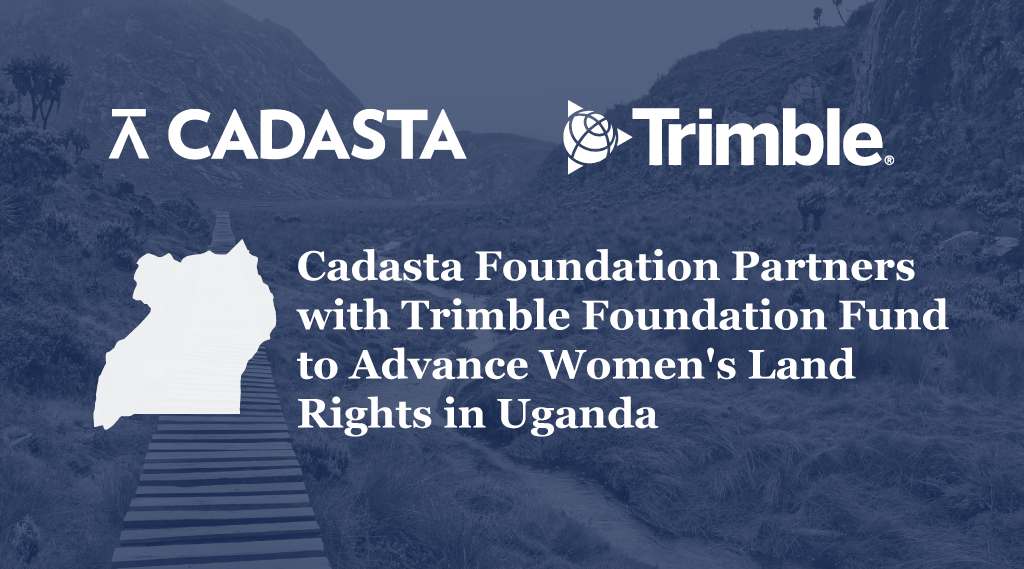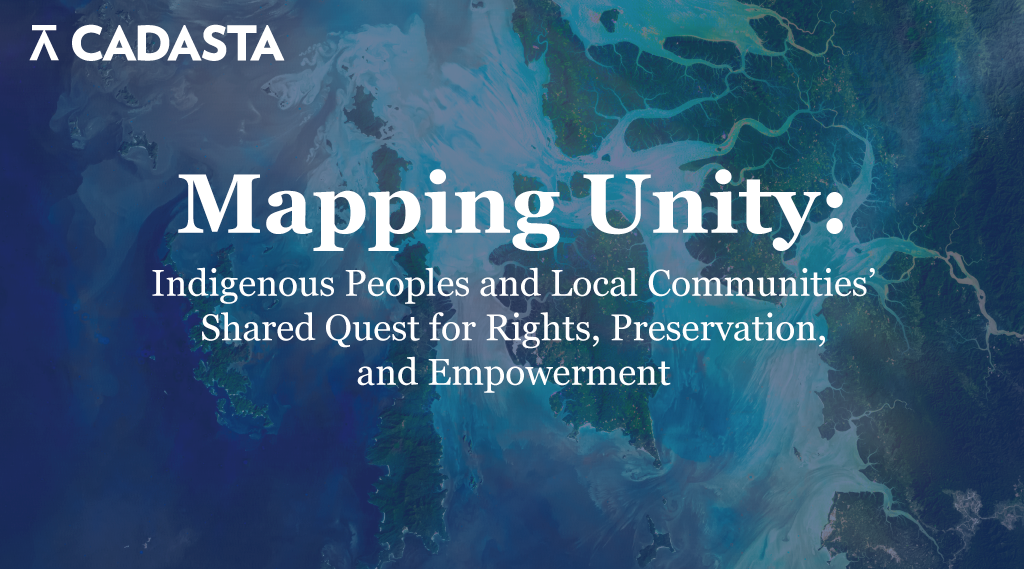One of the biggest challenges in identifying the potential benefits of open cadastral and land registry data stems from the fact that there are very few instances of local and national governments making these datasets freely available in a machine-readable format to download and reuse. Therefore, we were thrilled to discover that earlier this year, the municipal government of São Paulo, Brazil released data on about 3.3 million properties and are beginning to see it put to use.
Within the city’s GeoSampa web portal, there are currently 150 datasets of geographic data related to São Paulo. These datasets not only include information on health facilities and public schools, but also layers of property rights data, including: property owner names, addresses, parcel boundaries and land use as well as unique tax IDs and the tax value for each property. These ingredients provide the basis for developing a picture of the overall São Paulo real estate market. Beyond this use, however, the results thus far are promising in showcasing how open property right data can reveal fraud and corruption as well as improve the city’s existing data infrastructure.
According to city officials, these datasets had technically been closed, but real estate professionals were always able to get ahold of property information through unofficial sources, creating a thriving black market for data. However, universities, public interest organizations and journalists alike have wanted to investigate the perceived wealth inequality in the city, but without access to the relevant data, have been unable to do so. The municipal government believed that making this information available would open up the democratic decision-making process and aid in the fight against corruption while leveling the playing field for all to access the information — not just those with the resources and connections to procure it illegally.
Results and Uses
Since the dataset became open, several major newspapers in Brazil have used the data to analyze the real estate market in São Paulo, finding that 45% of the real estate value of the city is concentrated in the hands of 1% of homeowners. Folha de São Paulo even discovered that one high profile resident, who happens to be a candidate in the upcoming mayoral race, owns one of the biggest properties in the city. An upcoming report by Transparency International Brazil will also cross-reference this dataset with the state’s company registry to give a panorama of buildings in São Paulo owned by offshore companies.
Lessons Learned
The success of actually opening up this data is attributed by city officials and NGOs to the strong political support from the mayor and the Municipal Office of the Comptroller General. However, that is not to say that there were not challenges throughout the decision-making and implementation. At first the GeoSampa platform only supported the ability to search by unique tax IDs, making it difficult to look at the city of São Paulo as a whole and make meaningful conclusions about the real estate market, gentrification and inequality. Additionally, more transparency has revealed issues with data quality. There are holes in the dataset as well as instances of fraud as some properties are clearly undervalued. Going forward, the city has set up a feedback mechanism so that the citizens can make corrections and improve the information.
The question of infringements on personal privacy was also considered throughout this process. The administration ultimately decided that, because property is frequently used for money-laundering and hiding funds, the potential social benefits that come with putting the data online for many parties to examine outweigh privacy concerns associated with taking public (but offline information) and openly releasing it.
The Future of Open Data
While this is a clear step forward, data consumers are still hoping that more information will be disclosed, especially from other parts of the country. The land administration system in Brazil exemplifies the issue of subnational land registration that makes it difficult to advocate for national standards on open property rights data. Since Brazil operates on a state system, there are different laws on what datasets are open across the country. Tiago Fassoni, of the OpenStreetMap Community, would like to cross-reference property information with company registries for the entire country, but most of them are closed or the information cannot be linked up into one coherent dataset. Additionally, the São Paulo government is working to engage more with these data consumers and advocacy groups to help them use the existing data and understand their needs for future datasets.





